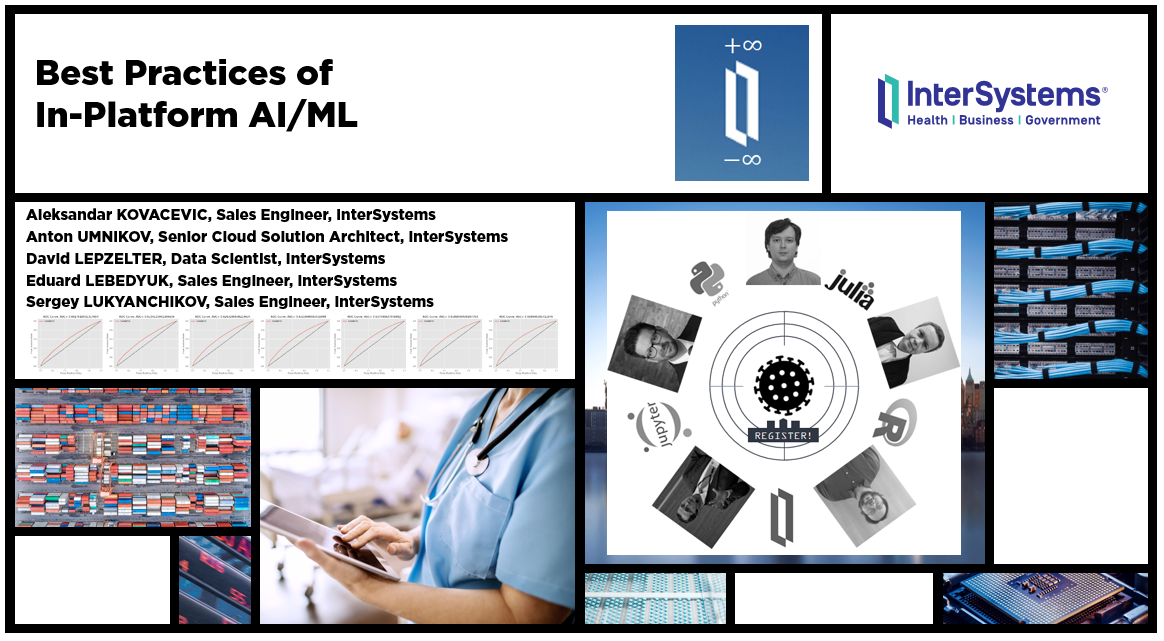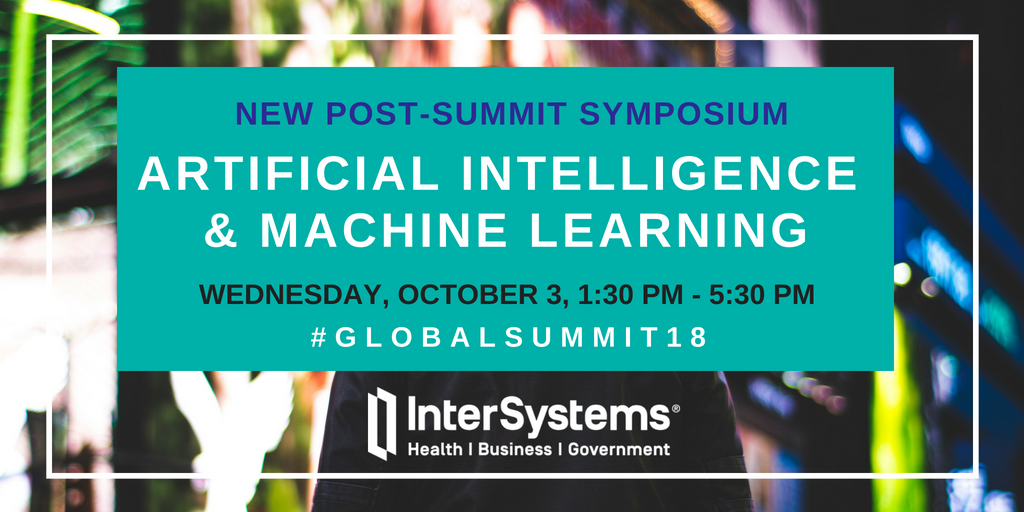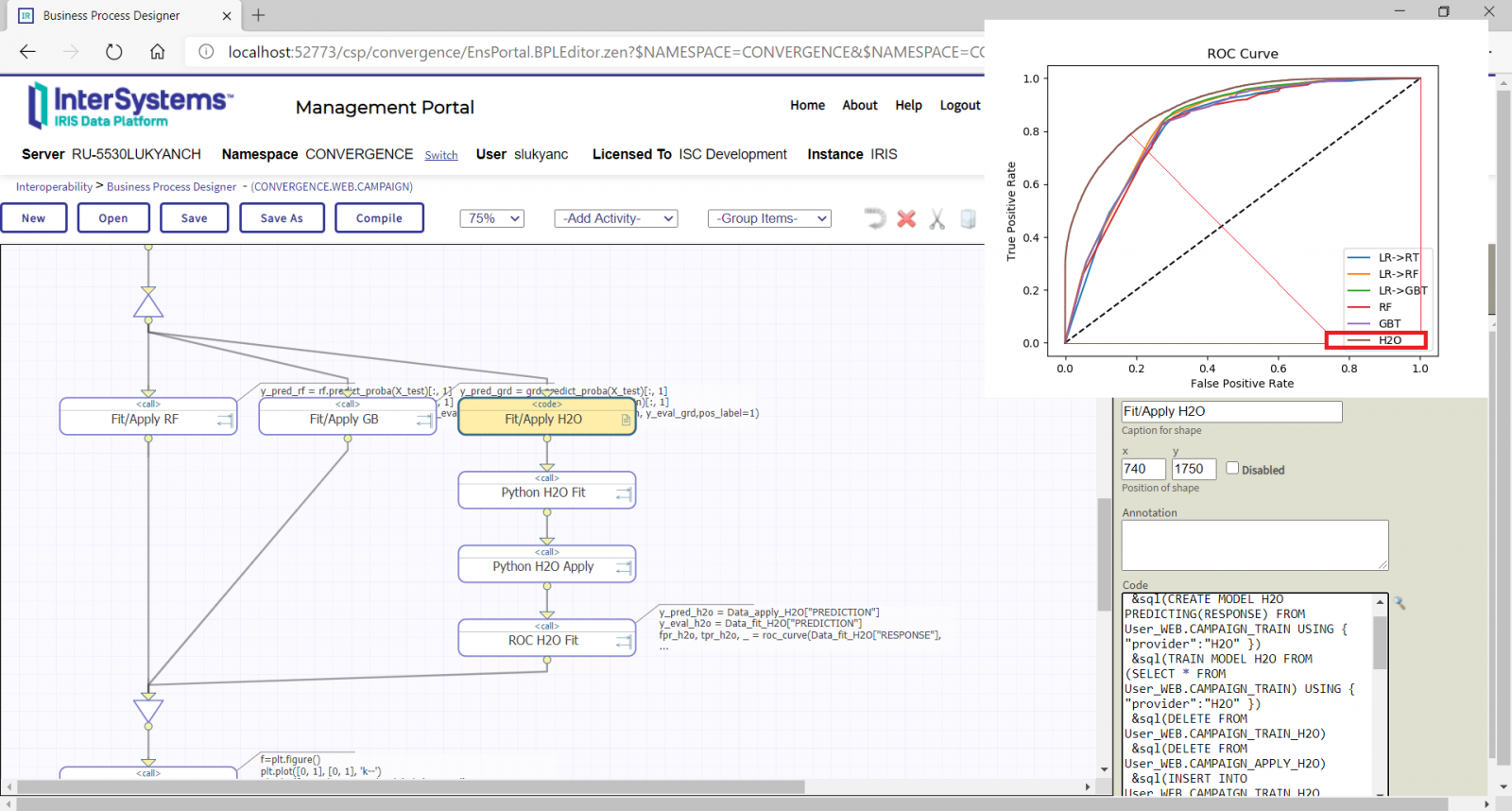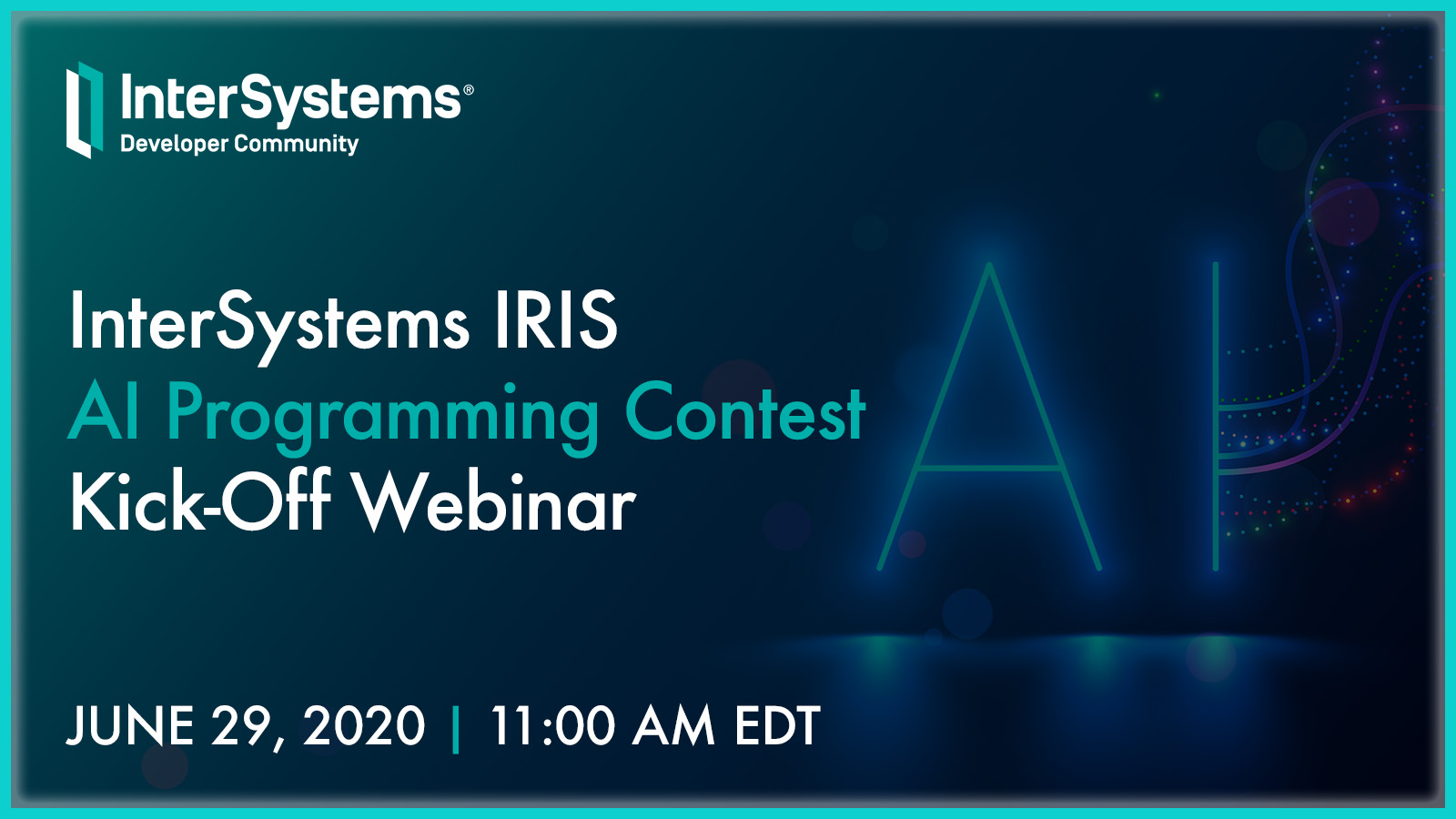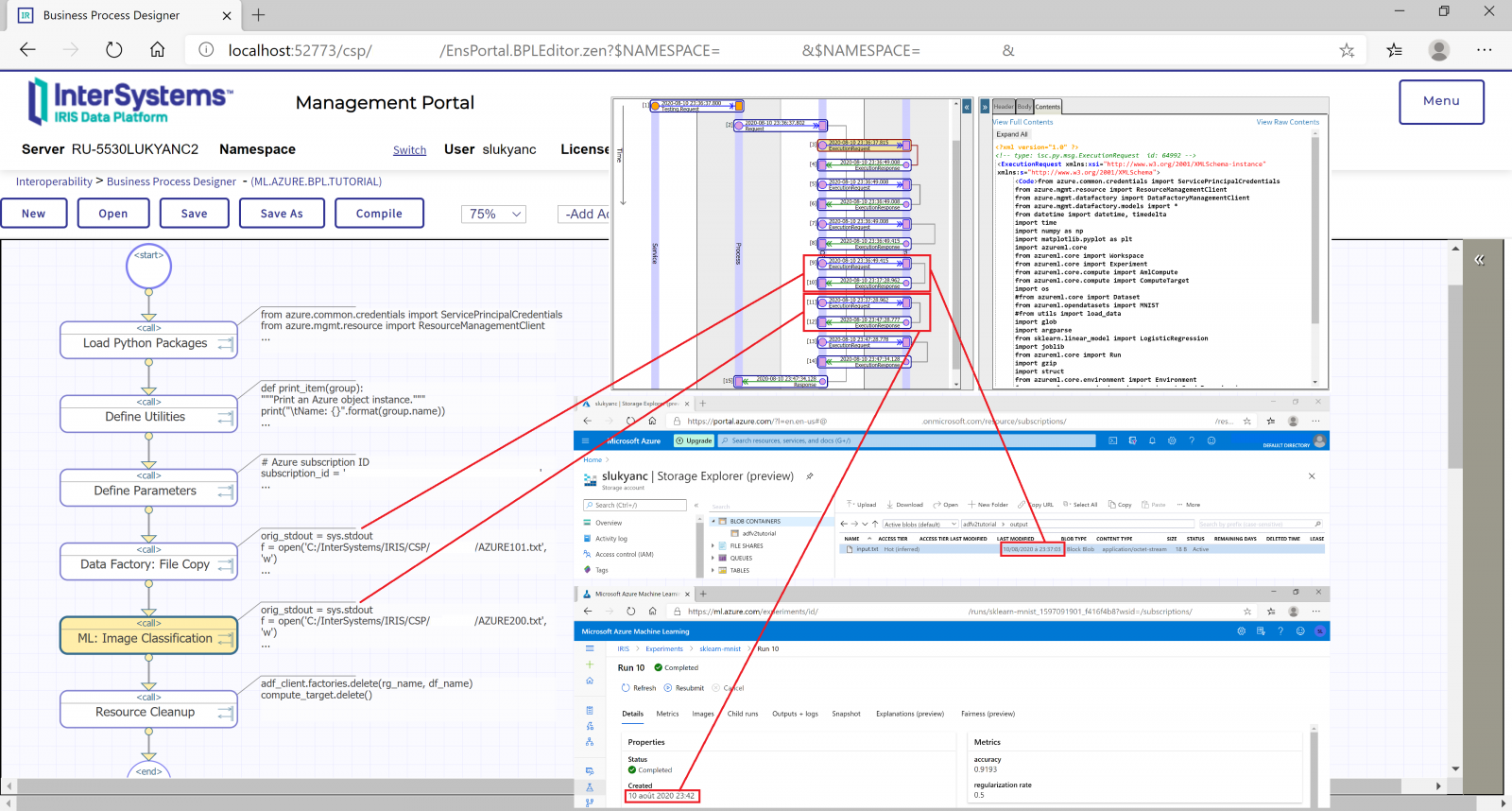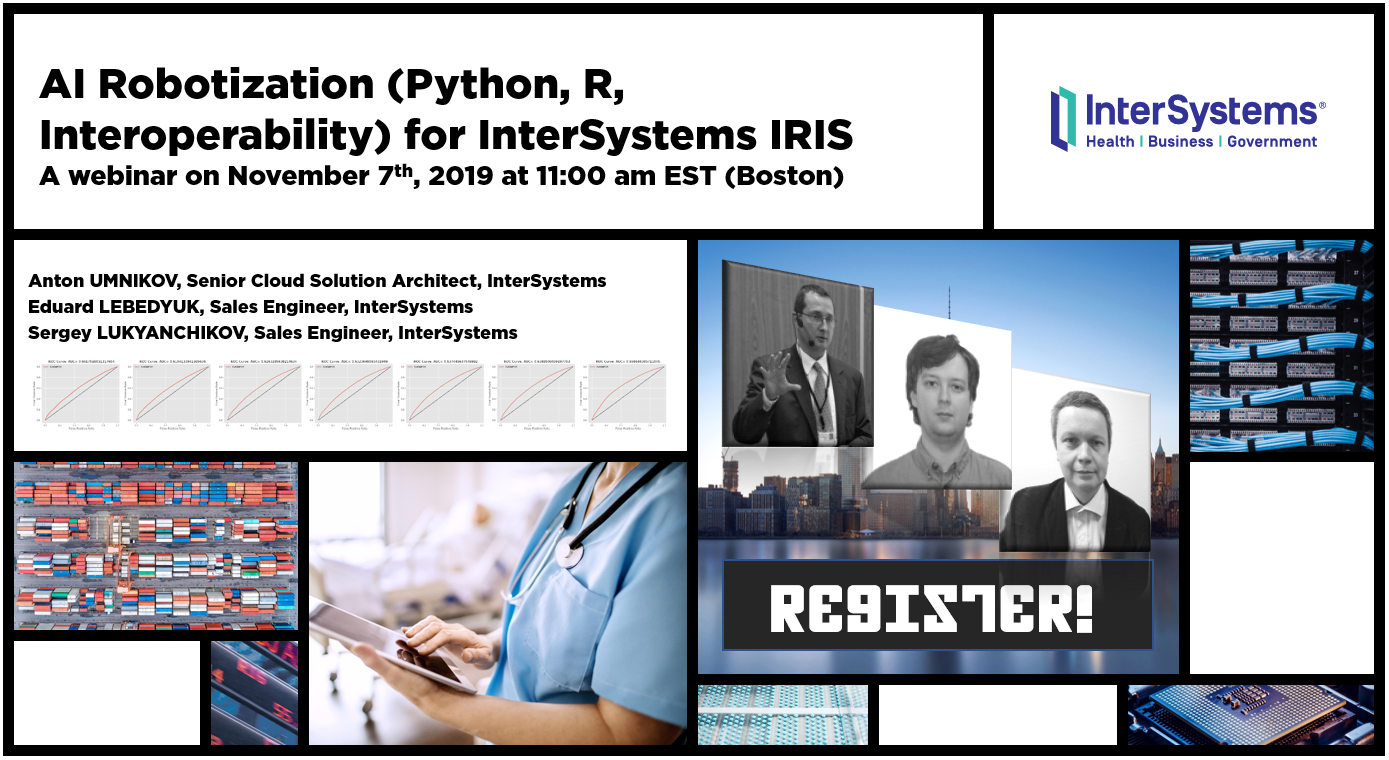Keywords: IRIS, IntegratedML, Machine Learning, Covid-19, Kaggle
Purpose
Recently I noticed a Kaggle dataset for the prediction of whether a Covid-19 patient will be admitted to ICU. It is a spreadsheet of 1925 encounter records of 231 columns of vital signs and observations, with the last column of "ICU" being 1 for Yes or 0 for No. The task is to predict whether a patient will be admitted to ICU based on known data.

.png)
